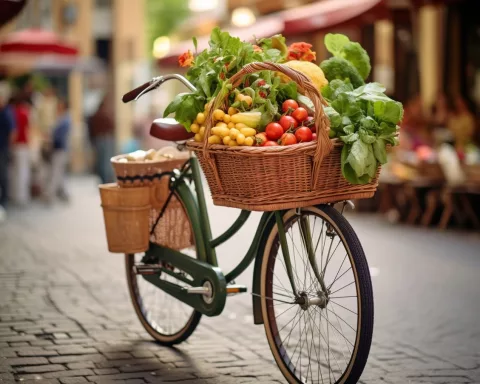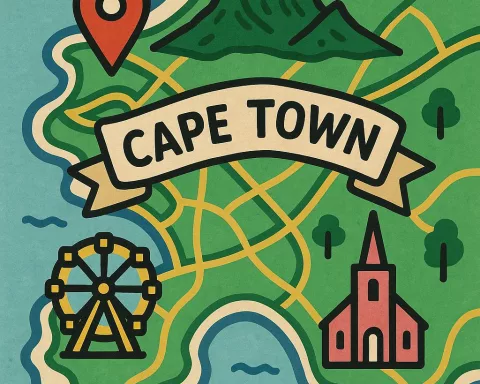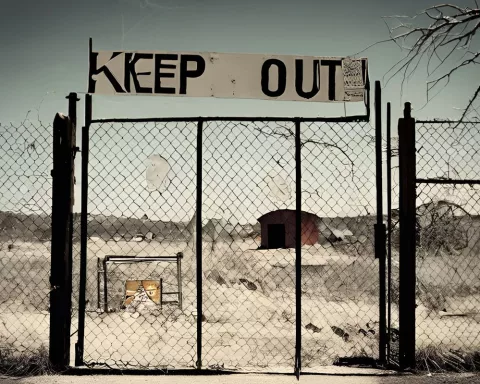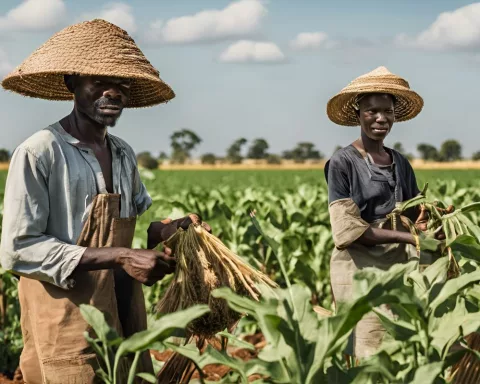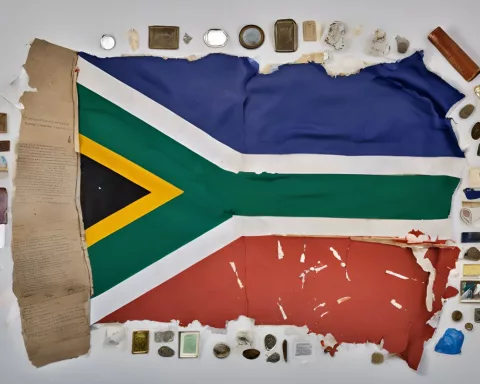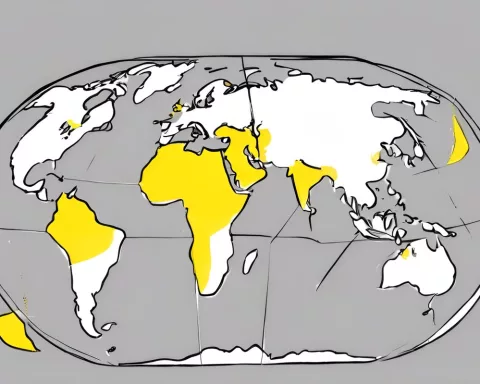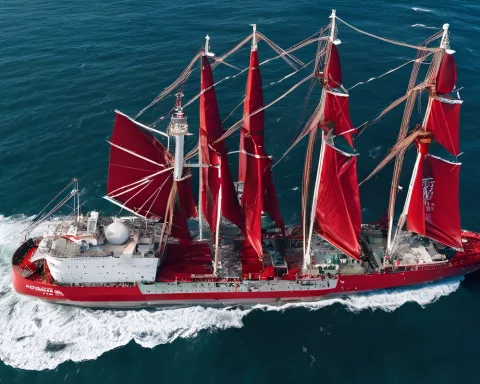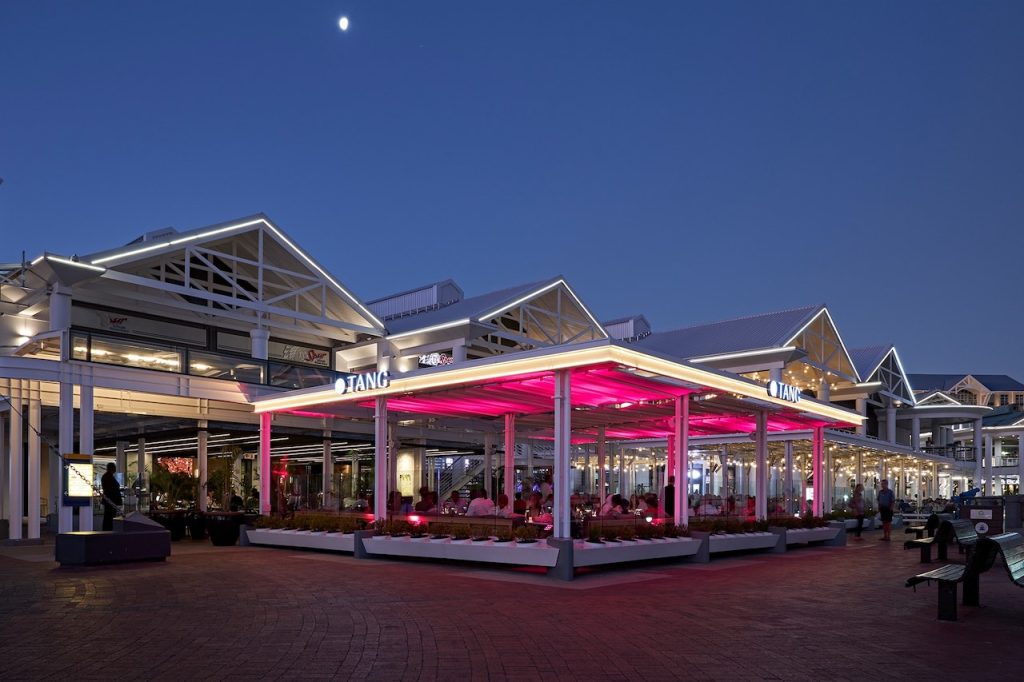Cape Town News
A young girl was tragically killed by a stray bullet in Beacon Valley while waiting for her school ride. The incident has sparked outrage and a demand for enhanced school security and an increased police presence in the area to combat rising gang violence. The community has called for action and a protest to draw attention to the rampant crime in their neighborhood. The tragedy serves as a reminder of the urgent need to tackle crime and protect our children within learning institutions.
Oprah Winfrey celebrated her 70th birthday by running on the beach and embracing a message of life appreciation and health commitment. She has transformed her health journey through a more active lifestyle, relying on weightloss medication, and focusing on a holistic approach to health management. Winfrey’s career and life philosophy center around gratitude, which she believes brings true meaning and purpose to life. At 70, she continues to inspire others with her enthusiasm, energy, and radiance.
South Africa has taken a groundbreaking step towards Africa’s economic prosperity by initiating preferential trade under the African Continental Free Trade Area (AfCFTA), which aims to boost intracontinental commerce and industrialization in Africa. The transformative potential of AfCFTA lies in its capability to expedite the growth of regional and local value chains, offering investors access to a rapidly expanding continental GDP and a population of 1.7 billion people. The AfCFTA intends to exploit this continental market to boost agricultural development and food security while ensuring that young people and womenled firms are active in export markets.
Cape Town has launched a universal phone number, 021 401 4702, for all urban development inquiries, replacing a confusing array of numbers for eight planning district offices. The contact hub, with skilled agents, operates from Monday to Friday, 08:00 to 16:00, and acts as a link between residents and officials, escalating issues requiring specialist attention. The initiative, which transcends geographical boundaries, signifies the city’s commitment to enhancing citizen experiences, creating a collaborative atmosphere between the city and residents, and setting new standards in urban management.
Urbanites play a crucial role in driving the development of their cities through their civic payments. This mutually beneficial partnership is based on trust, with every penny paid towards city services infusing vitality into the city and allowing it to continue to grow. City officials are constantly working to make payment processes more userfriendly, with technological advancements like QR codes on municipal bills and online booking systems for services. This dedication to progress and innovation is reciprocated by the residents’ readiness to invest in their city.
Deputy President Mashatile spoke at the South Africa Legislative Sector International Oversight Summit, praising the country’s progress in democracy and legislative accomplishments like the Electricity Regulation Amendment Bill and the Domestic Violence Act. He emphasized the importance of accountability, integrity, ethics, and transparency for the legislative sector’s role in improving the lives of South Africans. Mashatile also highlighted the upcoming National General Elections and the government’s commitment to progress and reform.
South Africa’s Bafana Bafana secured a 20 victory over Morocco at the Africa Cup of Nations, solidifying their reputation as the Atlas Lions’ nemesis. Morocco’s World Cup accomplishments have not translated into success at the Cup of Nations, where they have struggled to exert dominance since their last win 48 years ago. Mali also achieved a historic victory by defeating Burkina Faso 21, reaching the quarterfinals for the first time since 2013. The remaining squads eye the opportunity to inscribe their names in the chronicles of African football history as the quarterfinals loom.
The Kaizer Chiefs, a key player in South African football, are facing significant squad transformations in the upcoming season. Amidst potential inclusions and exits, tenacious centreback Njabulo Ngcobo remains hopeful and sees the Chiefs as a springboard for personal growth and performance. As a team that has weathered numerous changes, the Kaizer Chiefs embody the essence of adaptation and reinvention, promising an exciting chapter in their saga and unveiling a renewed team composition and strategy.
The Matric Class of 2023 in the Western Cape achieved an exceptional pass rate of 81.54%, despite facing challenges caused by COVID19 and other obstacles. The province had the highest pass rates in mathematics and physical sciences, and over 42% of graduates qualified for a bachelor’s degree. Melissa Müller from Rhenish Girls’ High School was the country’s top candidate. The Minister of Education for the Western Cape affirmed the government’s commitment to providing quality education to every student, classroom, and school.
The Vincent Tshabalala Education Trust’s Bursary Awards Ceremony celebrates a legacy of commitment to education and community upliftment in Alexandra. Collaborative efforts from the community, private sector, and nongovernmental organizations have transformed South Africa’s educational landscape, with the Trust playing a vital role in breaking down barriers. Through financial aid and mentorship, the Trust empowers its beneficiaries to achieve success in higher education and beyond, carrying on the enduring legacy of Vincent Tshabalala’s belief in the transformative power of education.
Amidst the chaos in South African football, SuperSport United has signed defender Keegan Allan from Moroka Swallows. Swallows’ players went on strike due to unpaid salaries, resulting in the loss of jobs and significant financial implications for the club. Despite the challenges at his new club, Allan’s proven track record and grit give reason to believe he will continue to shine in South African football.
The auction of Nelson Mandela’s personal belongings, including his ID and prison correspondence, caused controversy due to their cultural and historical significance to South Africa. The auction was initially intended to raise funds for a memorial garden but was suspended due to backlash. The tension between personal property rights and national heritage was highlighted, and Mandela’s legacy remains unscathed regardless of the location of these items. The incident underscores the importance of preserving historical artifacts and the complexity of navigating personal property rights in relation to cultural heritage.
Elon Musk has announced a groundbreaking development in science and technology: a Neuralink microchip implanted in a human brain. This innovation could allow people with impaired limb function to communicate and manipulate technology through thought alone. The early results of the procedure have been promising, sparking excitement and curiosity around the possible future applications of this advanced technology.
A judge in Delaware has overturned Tesla CEO Elon Musk’s $56 billion compensation plan, which was deemed “inordinately exorbitant.” The ruling is a legal milestone for shareholders calling for limits on executive pay and could have ramifications for executive compensation in the US. Musk seemed unaffected by the ruling, taking to X, a platform previously known as Twitter, to share a piece of advice for budding entrepreneurs: “Never incorporate your company in the state of Delaware.”
The United Kingdom is a top destination for professional growth due to its solid healthcare system, highquality education, safety, and numerous social advantages. Work visa sponsorship, where employers sponsor foreign nationals to work in the UK, is available from various companies such as Accenture, Barclays, Bloomberg, and KPMG. Although the process of securing work visas can be challenging, the UK economy presents a powerhouse of opportunities for professionals, from budding startups to established multinational corporations.
The S.A Agulhas 1, a revered symbol of South Africa’s maritime heritage, has undergone a formal transition that demonstrates the country’s robust maritime capabilities. Key collaborations, including a partnership with JS Maritime, have enabled the ship’s success in education, training, and polar research. SAMSA’s forthcoming Seafarer Employment and Development Programme and the Roadmap to Maritime Decarbonisation highlight South Africa’s commitment to sustainable development and a prosperous maritime future. As South Africa enters a new chapter in its maritime journey, we anticipate continued growth and accomplishments.

